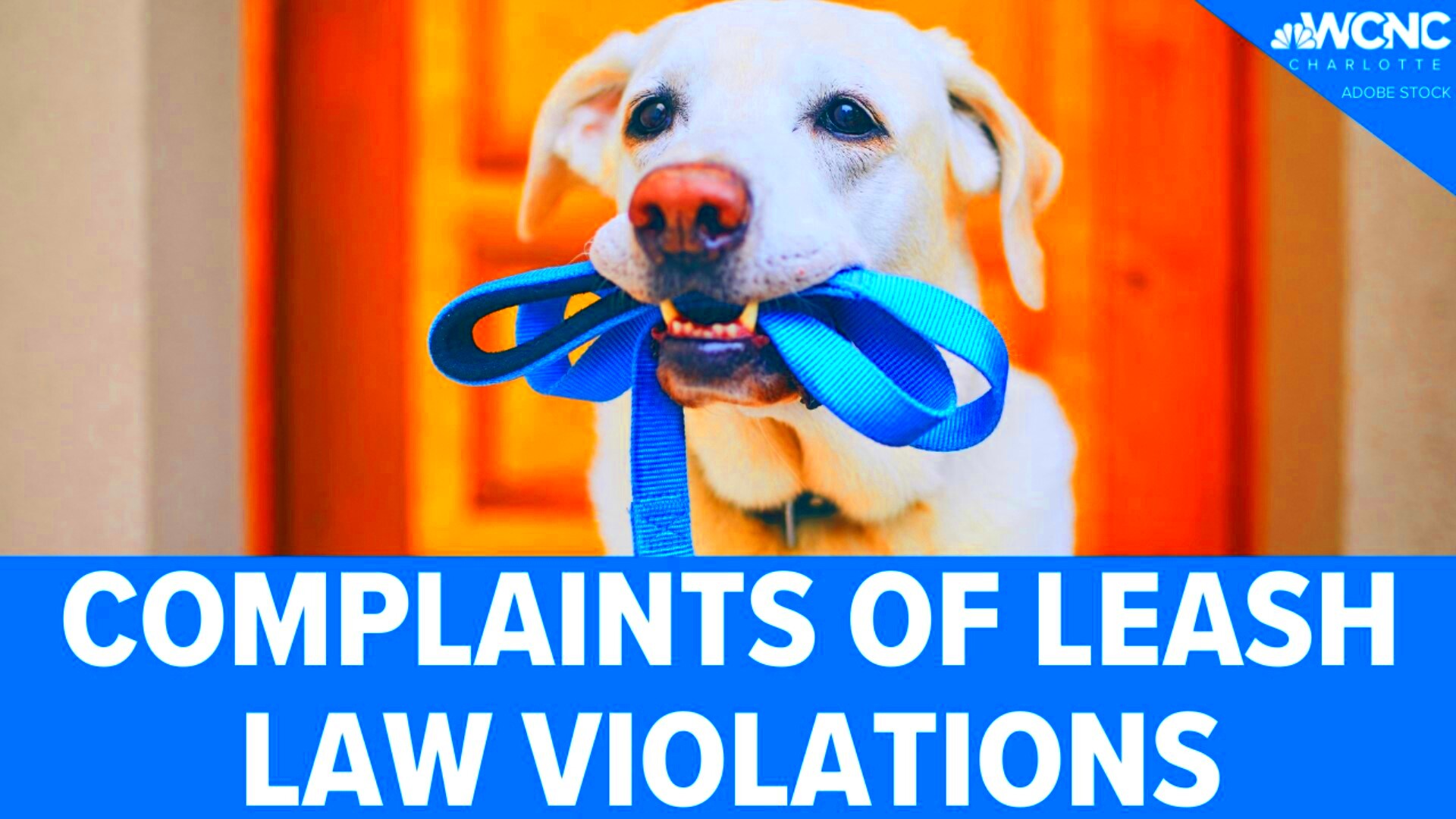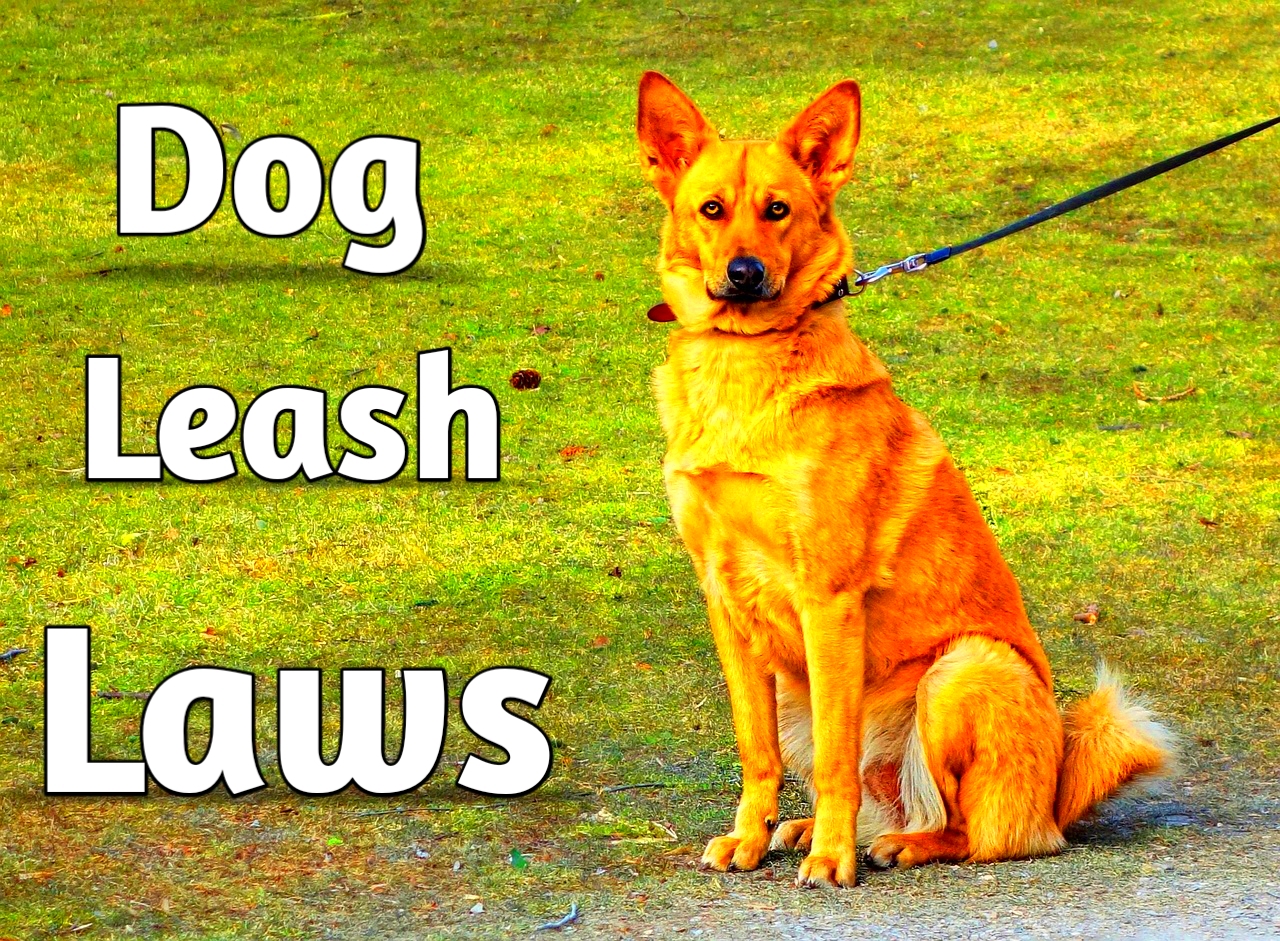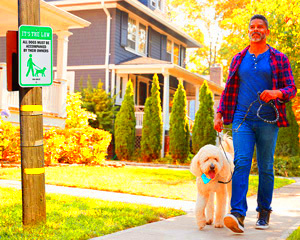New Hampshire Leash Laws and Their Impact on Pet Owners
Essential regulations that aim at ensuring safety of both the animals and the public are called leash laws. In New Hampshire, leash laws differ from one town to another according to the requirements of that area. For every pet owner, it is important to understand these laws since they explain the places and methods for exercising dogs. Many dog owners perceive leash laws as an inconvenience but their significance in creating a peaceful atmosphere between pets, owners and communities is immense.
Reasons for Leash Laws in New Hampshire

The New Hampshire leash regulations serve a wide variety of important functions.
- Safety: Leashed dogs are less likely to run into traffic or cause accidents, protecting both the dog and the public.
- Preventing Injuries: Unleashed dogs can pose a risk to themselves and others, especially if they are aggressive or frightened.
- Wildlife Protection: Dogs running freely can disrupt local wildlife, leading to dangerous encounters.
- Promoting Responsible Pet Ownership: Leash laws encourage pet owners to take responsibility for their animals, fostering a culture of care and respect.
Key Provisions of the Leash Laws

There may be differences in the particulars of leash laws from one jurisdiction to another, yet some general provisions that are often found include:
| Provision | Description |
|---|---|
| Leash Requirement | Dogs must be on a leash when in public areas unless in designated off-leash zones. |
| Length of Leash | Leashes should generally not exceed six feet in length to maintain control. |
| Exceptions | Some parks may allow dogs to be off-leash during certain hours or in specific areas. |
| Owner Responsibility | Pet owners are responsible for their dog’s behavior, ensuring it does not harm people or property. |
It is through knowing these vital clauses that you will aid in ensuring your companion animal has safety and discipline as it enjoys nature in New Hampshire.
Consequences of Not Following Leash Laws
In New Hampshire, disregarding leash laws can be very detrimental to pet owners. They are more than just recommendations but laws which have been put in place to keep pets and the community safe. A disobedience of the stipulated laws can lead to penalties, lawyers’ fees and even banning of pets from public places. This explanation is important for every pet holder.
- Fines and Penalties: Many towns impose fines for violations of leash laws. These fines can vary widely but often range from $25 to $100.
- Liability for Injuries: If your dog causes harm to another person or animal while off-leash, you may be held legally responsible for any resulting injuries or damages.
- Dog Bans: Repeated violations may lead to your dog being banned from certain parks or recreational areas.
- Legal Action: In extreme cases, failure to control your dog can lead to more serious legal repercussions, including potential court cases.
These repercussions raise awareness and help in evading penalties, while at the same time enhancing a secure environment for all.
How Leash Laws Affect Dog Parks and Recreation Areas
In New Hampshire, leash laws fundamentally affect the operation of dog parks and recreation areas. These limitations create a secure and happy environment for both dogs and their owners. Having knowledge about the relationship between leash laws and these spaces can enhance your trip experience.
- Designated Areas: Many parks offer specific off-leash zones where dogs can play freely, but these are often clearly marked and have their own set of rules.
- Behavior Expectations: In off-leash areas, dogs are expected to be well-behaved and responsive to their owner’s commands to ensure everyone’s safety.
- Socialization Opportunities: Leash laws create a structured environment that allows dogs to socialize safely, helping them learn proper behavior around other animals and people.
You do not just enhance your dog’s experience but make the park a friendlier place for everyone by abiding by leash regulations.
Responsibilities of Pet Owners Under the Law
Under the leash laws in New Hampshire, you have specific obligations as a pet owner that go beyond just keeping your dog on a leash. These obligations are important for ensuring a safe environment for both your pet and other people around.
- Control Your Dog: Always keep your dog on a leash in public spaces unless otherwise permitted. A leash helps you maintain control and prevents your dog from running off.
- Clean Up After Your Dog: Responsible pet ownership means cleaning up any waste your dog leaves behind. Many parks have waste disposal stations to make this easier.
- Be Aware of Your Dog’s Behavior: Keep an eye on your dog’s interactions with other pets and people to prevent aggressive behavior.
- Respect Off-Leash Areas: If a park has designated off-leash areas, make sure your dog is well-trained to enjoy these spaces safely.
Meeting these obligations will aid in making a more joyful ecosystem for all parties concerned and allowing for the happy coexistence of pets and humans.
Community Opinions on Leash Laws
New Hampshire’s communities have a plethora of opinions concerning leash laws. Pet owners see them differently from non-pet owners and local businesses who are most affected by it differently. Grasping these perceptions could promote feeling of community as well as understanding the intricacies associated with pet ownership.
- Pet Owners’ Views: Many pet owners appreciate leash laws as they help keep their dogs safe from traffic and aggressive animals. However, some feel restricted, especially in open spaces where they believe dogs should have the freedom to roam.
- Non-Pet Owners’ Concerns: People without pets often advocate for strict leash laws, citing safety concerns and the potential for aggressive behavior from unleashed dogs. Their perspective emphasizes the need for public safety.
- Local Businesses: Some businesses near parks may support leash laws as they help create a more family-friendly atmosphere. Others may see them as a hindrance, especially if dog owners seek off-leash areas to socialize their pets.
In the end open communication amongst people in a community regarding leashing regulations may yield a better compromise which caters for every person living there whether they have pets or not.
Resources for Pet Owners in New Hampshire
There are various resources available designed to help you understand leashing laws as well as responsible pet ownership in New Hampshire as a pet owner. These resources can assist having a hassle free and fun experience.
- Local Animal Control Offices: These offices can provide detailed information about leash laws specific to your municipality.
- Dog Training Classes: Many organizations offer training classes that focus on leash training and socialization, which are essential for responsible pet ownership.
- Community Pet Events: Look for local events that promote responsible pet ownership, such as dog walks or educational seminars.
- Online Forums and Social Media Groups: Join local online communities where pet owners share tips, experiences, and advice regarding leash laws and dog care.
These resources will help you stay updated about laws and make sure that both you and your pet are abiding by the same in your locality.
Frequently Asked Questions About Leash Laws
_Here_ regard all leash laws as including several pet-owner concerns. Below are numerous noteworthy facts about leash laws that can contribute to your following great part in either ensuring compliance with local rules or clearing the public about your responsibilities.
- Are there specific leash lengths required? Most areas require leashes to be no longer than six feet to maintain control of your dog.
- Can my dog be off-leash in parks? It depends on the park. Some parks have designated off-leash areas, while others strictly enforce leash laws throughout.
- What happens if my dog is found off-leash? You may receive a warning or a fine, depending on local laws and the situation.
- Are there any exemptions to the leash laws? Certain areas may allow exceptions for well-trained dogs under the direct supervision of their owners.
When you go through these commonly asked queries; it should provide you with enough knowledge on how to understand New Hampshire leash regulation confidently and responsibly.
Conclusion: Navigating Leash Laws as a Pet Owner
Despite the seeming difficulty presented by New Hampshire’s leash laws, it is important for responsible dog ownership to apprehend these regulations. The aim of leash laws is to protect dogs, the community and local wildlife. Knowledge of the specific rules in your area ensures a safe environment for all. This can be done through engagement with local resources, attending community events and discussing leash laws with fellow pet owners. Keep in mind that being a good pet owner goes beyond simply abiding by regulations; it also entails fostering harmonious co-existence between pets and humans within a society.

